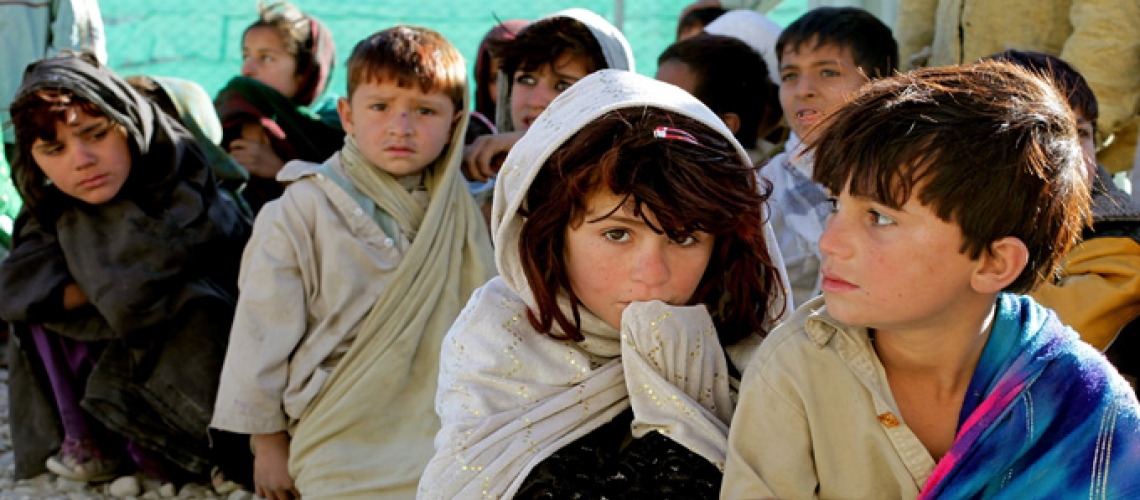The International Committee of the Red Cross (ICRC) on Monday once again said that Afghanistan is one of the deadliest places in the world to be a civilian.
“Afghanistan is one of the deadliest places in the world to be a civilian,” the committee said in a tweet.
The committee said that 50 percent of the country’s population, which is 17 million people, lives somewhere highly affected by armed conflict.
No more details were provided by the committee.
But in a statement issued by the Afghanistan Independent Human Rights Commission (AIHRC) on Monday the organization stated that the Afghan government and Taliban urgently need to consider and respond to the demands of the Afghan media for support, safety, protection, timely investigations and access to information.
The AIHRC said targeted killings of journalists in the past few months have had a negative impact on media across the country and that many female journalists from the provinces have left their jobs.
Last month in November the committee also said that Afghanistan remains the deadliest country for civilians, with the Afghan women and children making up half of the fatalities.
Robert Mardini, Director General of the ICRC who visited Afghanistan last month said that the escalation of violence in Afghanistan in recent months has worsened the humanitarian situation in the country, adding that hundreds of injuries among them, many civilians have been admitted to hospitals in Kandahar, Helmand and Ghazni provinces.
During his visit he also met the Taliban officials in Andar district of Ghazni province.
He called on both sides of the Afghan conflict to do their best to safeguard civilians from harm.
Meanwhile, the US Special Inspector for Afghanistan Reconstruction (SIGAR) in a report quoting the Resolute Support said 876 civilians were killed and 1,685 were wounded from July 1 to September 30, 2020.
In line with the continued rise in violence, this quarter’s casualties increased by 43 percent compared to last quarter (April 1–June 30, 2020), the report says.
The report says that though casualties are typically high in the third quarter of any year, this quarter’s high figures are notable because they occurred during an ongoing peace process and despite Taliban commitments to reduce violence.













